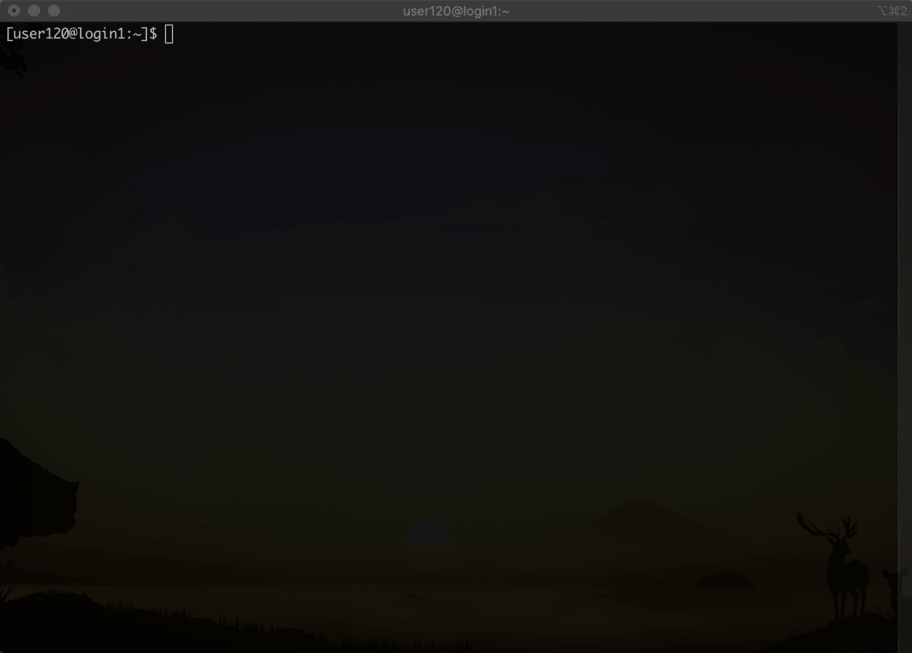Parallel programming in Chapel
This 2-day course is a general introduction to the main principles of parallel programming, using Chapel programming language to illustrate the basic concepts and ideas. Chapel is a relatively new language for both shared- and distributed-memory programming, with easy-to-use, high-level abstractions for both task and data parallelism that make it ideal for learning parallel programming for a novice HPC user. Chapel is incredibly intuitive, striving to merge the ease-of-use of Python and the performance of traditional compiled languages such as C and Fortran. Parallel constructs that typically take tens of lines of MPI code can be expressed in only a few lines of Chapel code. Chapel is open source and can run on any Unix-like operating system, with hardware support from laptops to large HPC systems.
Instructor: Alex Razoumov (WestGrid)
Level: beginner/intermediate
Prerequisites: This is an introductory course, no prior parallel programming experience is required; however, having some programming background will allow the attendees to get the most out of this workshop. Also, we strongly recommend that all attendees have the working knowledge of the Linux command line and know the basic concepts of high-performace computing.
Software: All attendees will need a remote secure shell (SSH) client installed on their computer in
order to participate in the course exercises. On Windows we recommend
the free Home Edition of MobaXterm. On Mac and Linux
computers SSH is usually pre-installed (try typing ssh in a terminal to make sure it is there).

June-11
June-12